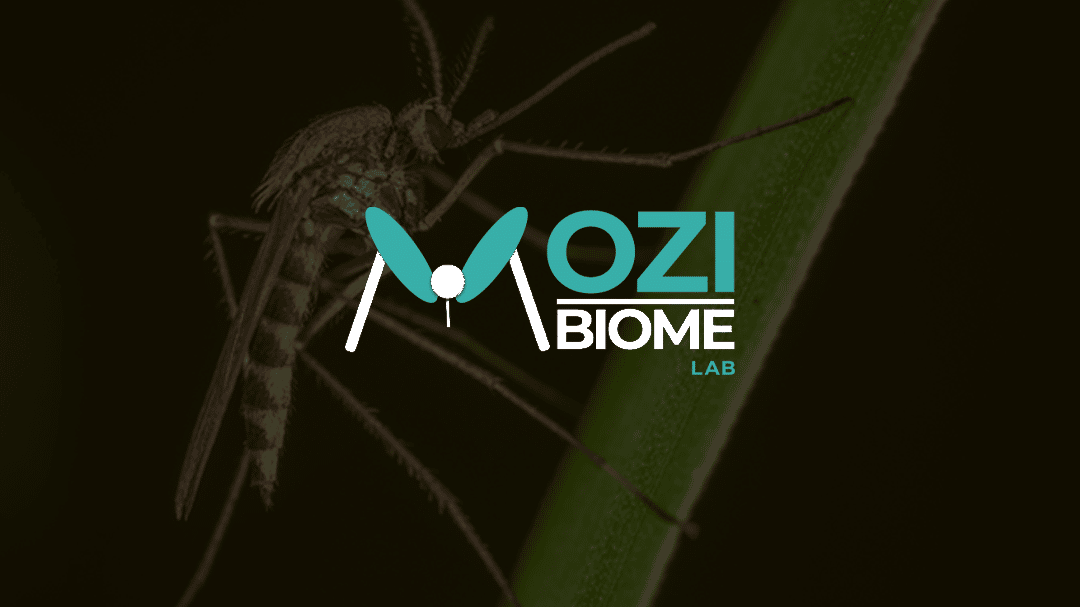Mosquito Microbiome Interactions

Project Lead(s)

Senior Research Fellow
Project Background
Disease transmission blocking is an expanding area of vector-borne disease research which seeks to understand the mechanisms that disrupt the development and limit the transmission of parasite from vector to human host. Some micro-organisms associated with mosquitoes demonstrate anti-parasitic effects independent of the mosquito immune system. Understanding this mechanism could help propose bacteria-mediated strategies for vector and disease control.
Objectives/Research Areas
Research in the MoziBiome lab focuses on:
- clarifying the mechanisms involved in the inter-relationship between mosquito microbiota and mosquito-borne parasites,
- characterising mosquito-associated micro-organisms (bacteria, fungi, viruses, protists) of mosquitoes to identify the most effective combination of these for pathogen transmission-blocking,
- understanding bionomics and acquisition of microbes by mosquito vectors for novel disease control approaches,
- how micro-organisms influence variations in vector competence in natural mosquito populations.
Key Publications
- Egyirifa RK, Akorli J. Two promising candidates for paratransgenesis, Elizabethkingia and Asaia, increase in both sexes of Anopheles gambiae mosquitoes after feeding. Mal J 2024, 23(1): 45-51. doi: 1186/s12936-024-04870-w
- Akorli EA, Ubiaru PC, Pradhan S, Akorli J and Ranford-Cartwright L. Bio-products from Serratia marcescens isolated from Ghanaian Anopheles gambiae reduce Plasmodium falciparum burden in vector mosquitoes. Front Trop Dis 2022, 3:979615. doi: 10.3389/fitd.2022.979615
- Amlalo GA, Akorli J, Akyea-Bobi NE, Akporh SS, Aqua-Baidoo D, Opoku M, Frempong KK, Pi-Bansa S, Boakye HA, Joannides J, Osei JHN, Pwalia R, Akorli EA, Manu A and Dadzie SK. Evidence of high frequencies of insecticide resistance mutations in Aedes aegypti (Culicidae) mosquitoes in urban Accra, Ghana: implications for insecticide-based vector control of Aedes-borne arboviral diseases. J Med Ent 2022, tjac120,doi: 10.1093/jme/tjac120
- Kinga H, Kengne-Ouafo JA, King SA, Egyirifa RK, Aboagye-Antwi F and Akorli J. Water physicochemical parameters and microbial composition distinguish Anopheles and Culex mosquito breeding sites: potential as ecological markers for larval source surveillance. J Med Ent 2022, tjac115, doi: 10.1093/jme/tjac115
- Akorli, J., Akorli, E.A., Tetteh, S.N.A. et al.Microsporidia MB is found predominantly associated with Anopheles gambiaes and Anopheles coluzzii in Ghana. Sci Rep 2021; 11, 18658. doi: 10.1038/s41598-021-98268-2
- Dada N, Jupatanakul N, Minard G, Short SM, Akorli J and Villegas LM. Considerations for mosquito microbiome research from the Mosquito Microbiome Consortium. Microbiome2021; 9(1):36. doi: 1186/s40168-020-00987-7
- Ezemuoka LC, Akorli EA, Aboagye-Antwi F and Akorli J. Mosquito midgut Enterobacter cloacae and Serratia marcescens affect the fitness of adult female Anopheles gambiael. PLoS One 2020; 15(9): e0238931.doi:10.1371/journal.pone.0238931
- Akorli J, Namaali PA, Ametsi GW, Egyirifa RK and Pels NAP. Generational conservation of composition and diversity of field-acquired midgut microbiota in Anopheles gambiae sensu lato during colonization in the laboratory. Parasit & Vect 2019;12(27). doi:1186/s13071-019-3287-0
- Akorli J, Gendrin M, Pels NAP, Yeboah-Manu D, Christophides GK, and Wilson MD. Seasonality and locality affect the diversity of Anopheles gambiae and Anopheles coluzzii midgut microbiota from Ghana. PLoS One 2016; 11(6): e0157529. doi:1371/journal.pone.0157529
More publications are available at:
https://www.ncbi.nlm.nih.gov/myncbi/1PMDyLk0dCtAke/bibliography/public/
Team
Funder(s)
Wellcome Trust Intermediate Fellowship. (220737/Z/20/Z). PI. Elucidating the mechanisms and functions of bacterial-derived mediators on Plasmodium falciparum. (2021-2026).
ANTI-VeC African Anopheles Symbiont Survey Award. (AV/AASS/009). PI. Diversity of Microsporidia MB, their co-occurrence and dynamics with bacterial communities associated with Anopheles mosquitoes. (2021-2022)

